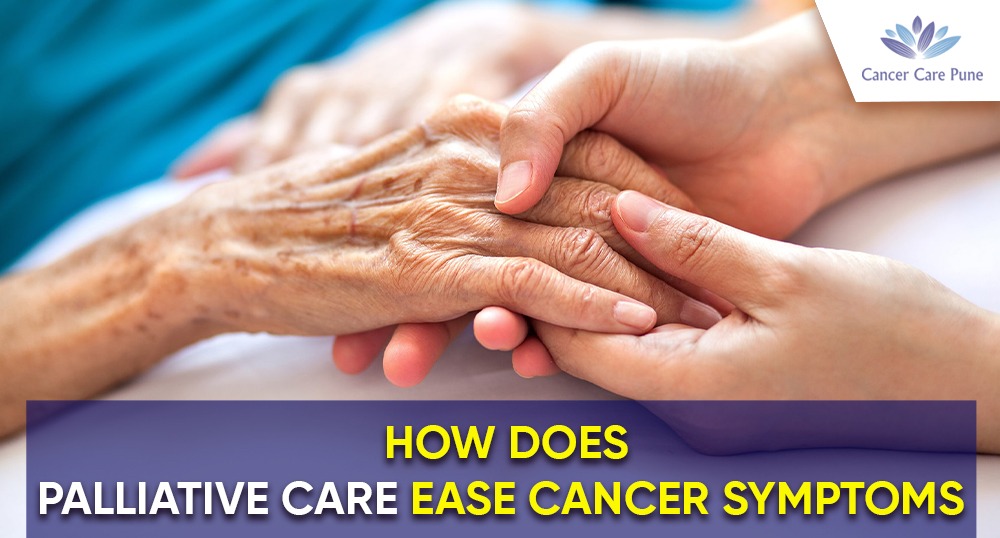
What Is Palliative Care?
A serious condition like cancer or heart failure requires specialized medical care called palliative care. In addition to treatment meant to cure their serious illness, patients in palliative care may also get medical care for their symptoms, or palliative care. Palliative care aims to improve a patient’s current medical treatment by emphasizing both the patient’s and their family’s quality of life.
Introduction
Palliative care is a medical treatment designed to enhance the quality of life for people with serious or life-threatening illnesses, such as cancer. Giving it with or without curative treatment is possible. The goal of palliative care is to treat the patient as a whole, not just their illness.
Anyone coping with a serious condition, such as heart failure, chronic obstructive pulmonary disease, cancer, dementia, Parkinson’s disease, and many others, can benefit from palliative care. Palliative care is best given shortly after a person is diagnosed and can be beneficial at any stage of their disease.
Along with raising the quality of life. Palliative care can assist patients in understanding their options for medical care in addition to relieving symptoms. Any senior experiencing a great deal of general discomfort and incapacity in their later years of life may find the coordinated services provided by palliative care useful.
Learning to handle symptoms and side effects is necessary for living with cancer and receiving cancer treatment. Palliative care can help in this situation. When you have a critical sickness, it aims to relieve your pain and discomfort. It may also be referred to as symptom management, supportive care, or comfort care.
It concentrates on reducing discomfort, pain, exhaustion, and shortness of breath. Additionally, it aids in coping with the sickness’s emotional effects, reducing the stress caused by cancer.
Medicine, dietary therapy, physical therapy, and relaxation methods like deep breathing are all possible forms of treatment. Along with practical assistance for handling insurance, legal, or job concerns, you might also be offered emotional and spiritual counseling.
When it comes time to choose your course of treatment, palliative care can provide you with guidance. Additionally, it can benefit your friends and family who are standing by you right now.
According to research, palliative care and all of its components are good for the health and well-being of patients as well as their families. Recent research suggests that adding palliative care to a patient’s regular cancer treatment soon after receiving an advanced cancer diagnosis will enhance their quality of life and mood and may even extend survival.
Who Provides Palliative Care?
Parts of supportive care may be provided to you by your medical team. However, you will also frequently be sent to other people for cancer therapy. They could consist of:
Pharmacist
Personal trainers
licensed nutritionists
The social workers
Mental health specialists
Chaplains
Your doctor may be consulted by your palliative care team for advice on how to manage your pain and other symptoms.
Palliative Care: When and Where Can You Get It?
It’s ideal if the treatment can begin as soon as you receive a diagnosis. Through all stages of the illness and therapy, you can get it.
Depending on the kind of support you need, you might be able to find it in your home, at the hospital, at a cancer center, or at another type of facility.




